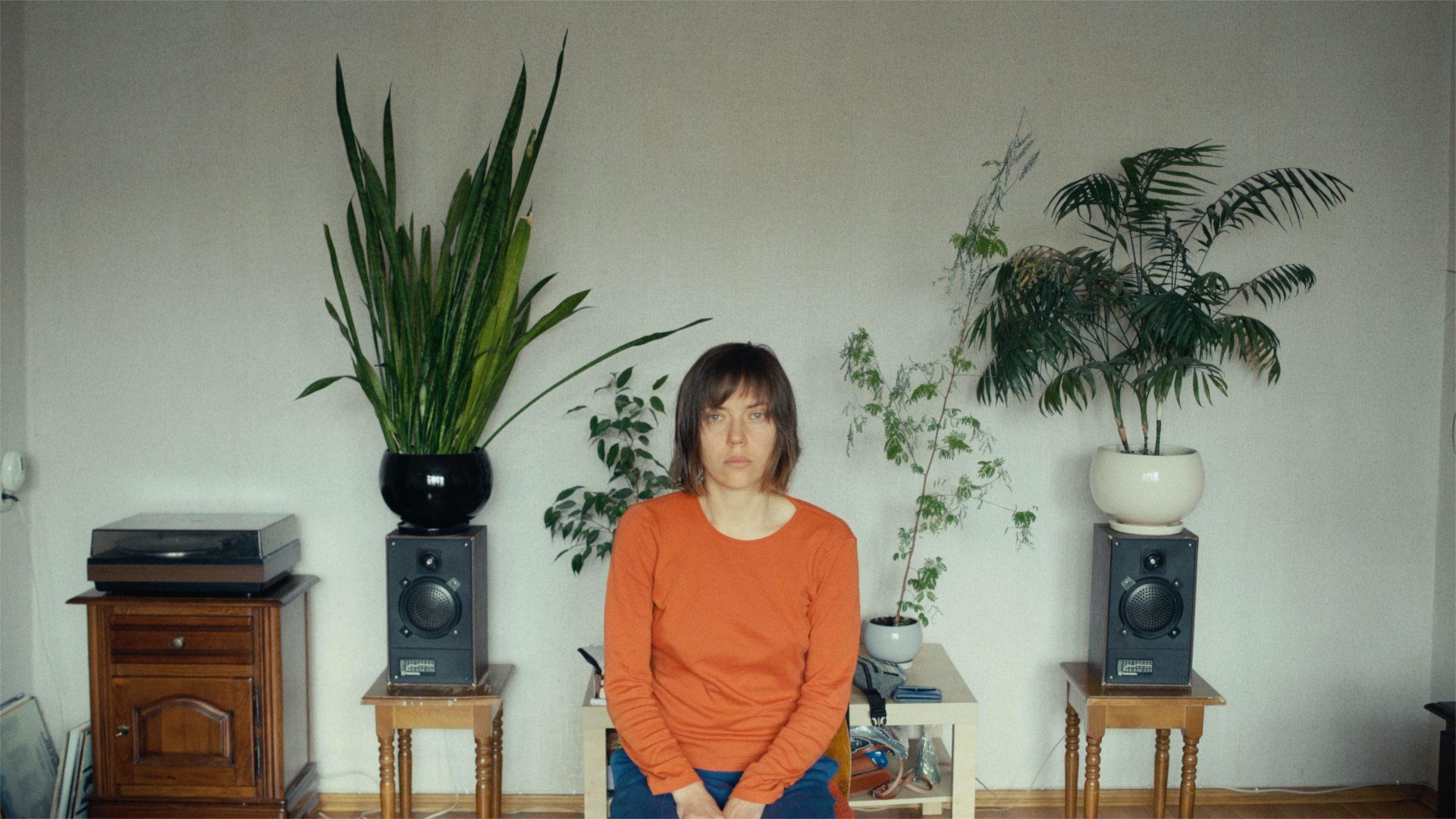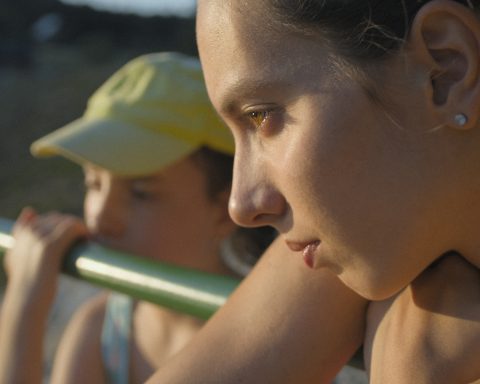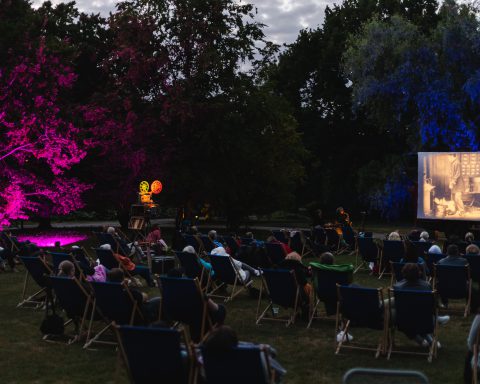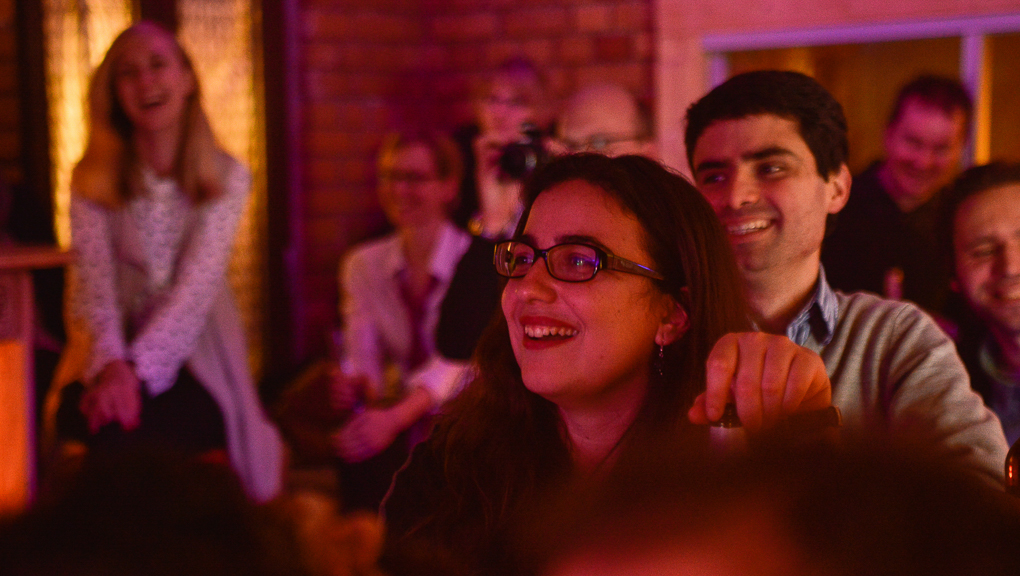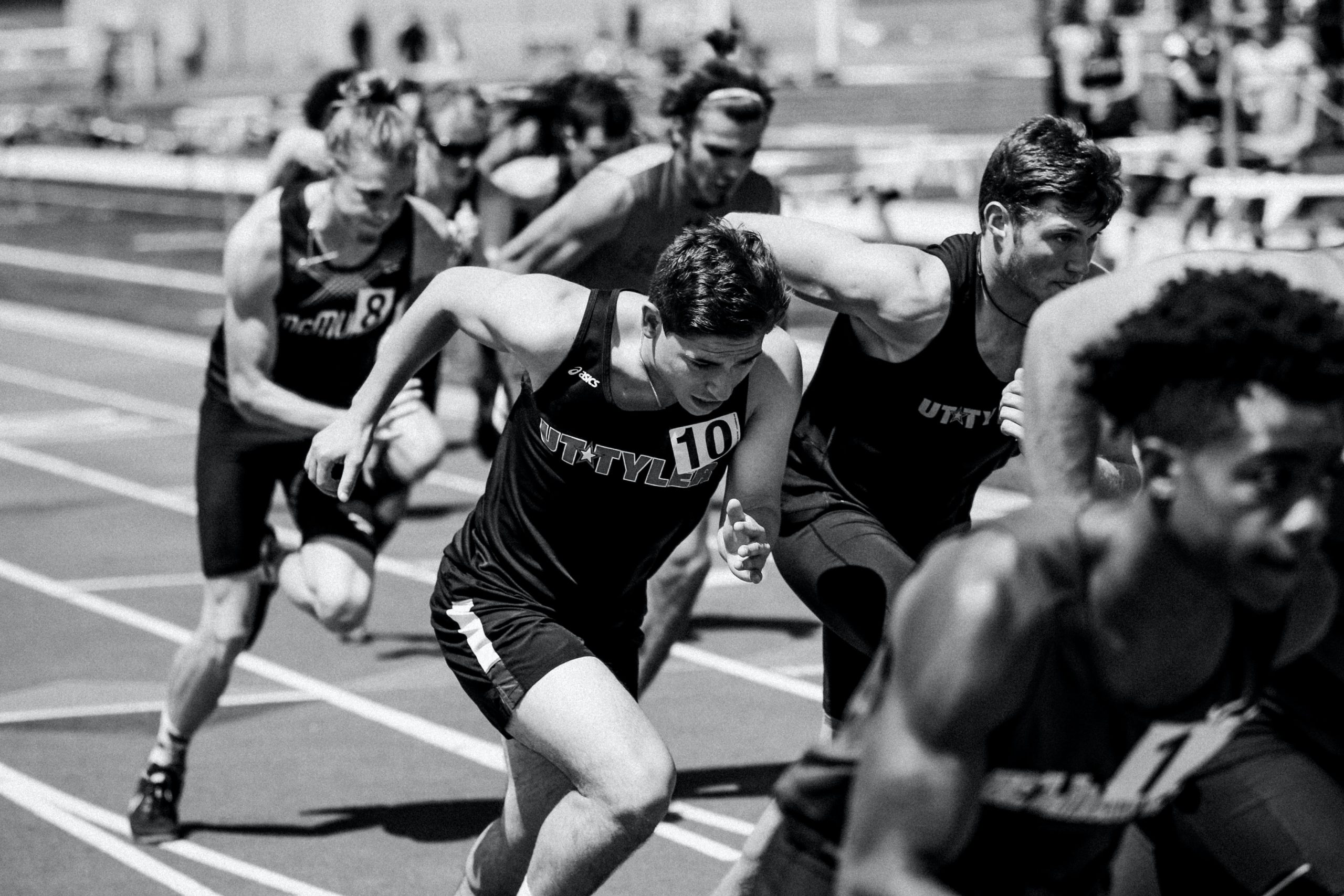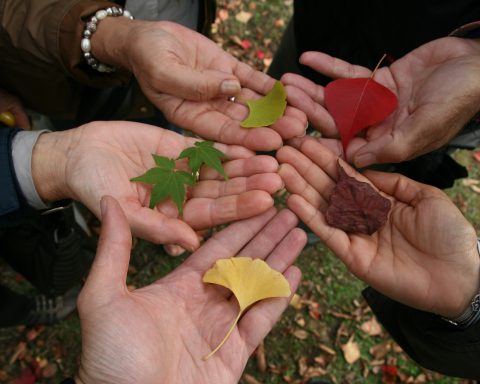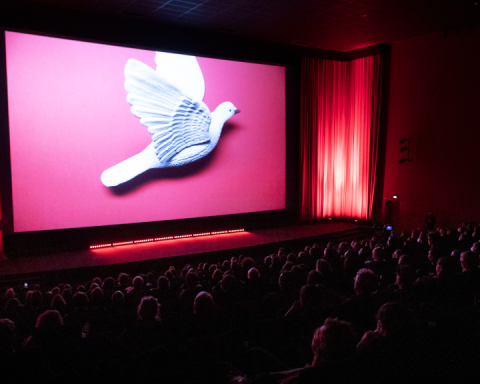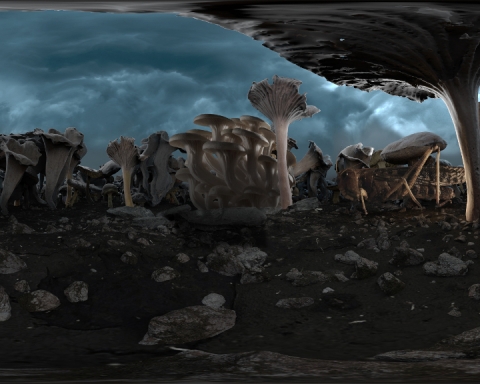“The way you hug people in Kyiv is different,” Ukrainian film director Nadia Parfan tells me, her words speaking volumes about the fragility of life there at the moment. Rather than write volumes, this year Nadia has produced a documentary film about the war in Ukraine entitled, “I Did Not Want to Make a War Film.”
On 22 February I spoke with Nadia (her husband, Illia, was also present) at the U.S. Consulate General in Leipzig and attended a screening of her film there. The occasion was part of events held in conjunction with the City of Leipzig to recognise that one year had passed since Russia began its full-scale invasion of Ukraine on 24 February 2022.
“Death is a sacred thing,” Nadia says when asked about the title of her short (17 minute, 30 second) film.
First-hand experience of war is not something she specialises in, she says, as a filmmaker whose films tend to reflect her study of social anthropology. The ethics of filming in a land under attack concern Nadia, and she talks of exploitation, of “war porn.” Her husband Illia adds that foreigners are often hired throughout the chain of film and image production in Ukraine, and there is a need to reinforce the Ukrainian voice.
Nadia’s film does exactly that: It provides glimpses into the lives of ordinary people on the ground in Ukraine—their difficult decisions to arm themselves and to stay or go, and their fight for everyday basics like shelter, power, food and ultimately democracy.
It’s a personal, intimate film of the type she’s not normally inclined to make, Nadia says. People have been so traumatised, and the film has also served a therapeutic purpose.
In the film we witness Nadia’s grief as she grapples with the unbelievable situation of her home city being attacked by the Russians, which is made more difficult by being apart from her husband. Her experience and the personal and poignant stories of mainly family and friends, help explain the incredible challenges to those of us who haven’t lived in a war zone and would struggle to comprehend.
“I Did Not Want to Make a War Film” puts a human face to the news stories that we regularly consume. For example, we meet Senja, Yulia and Sasha, who survived three weeks during the siege of Mariupol (from 24 February to 20 May 2022) and managed to escape. Similarly, Nadia’s friend Oksana spent two weeks hiding from Russians in the basement of her apartment in Bucha, a suburb of Kyiv. In the film we see a photo of Oksana escaping with a wry smile.
“It is a simple film,” Nadia tells me.
She has narrated the documentary in language that is easy to understand, and says it was “an easy film to make, an exercise in anti-perfectionism using the limited means available.” Technically, filming during war conditions was challenging. For a start, Nadia’s camera and lens were in two different places, and reuniting them was “a story in itself.”
How the idea for the film came about is yet another story.
Towards the start of the film, and one month before Russia’s invasion of Ukraine, we see Nadia escaping the “cold, dark and unpleasant” Ukrainian winter, as she does each year, to the small Bedouin village of Dahab on the Sinai Peninsula in Egypt. “I love the sun, the sea and the animals,” she says of Dahab.
A gorgeous tamarind tree in Dahab connects Nadia’s time in Dahab and her life in Kyiv, where a much loved but fragile potted version adorns her and her husband’s apartment. The tamarind serves as a thread throughout the film and Nadia checks in with a friend looking after it. “The tamarind is not feeling well,” the friend reports back; it seems wartime has been challenging for the delicate plant, too. On her phone Nadia shows me the latest photo of the tamarind— half shrivelled up; basically, it can be considered half-dead or half-alive, depending on your perspective.
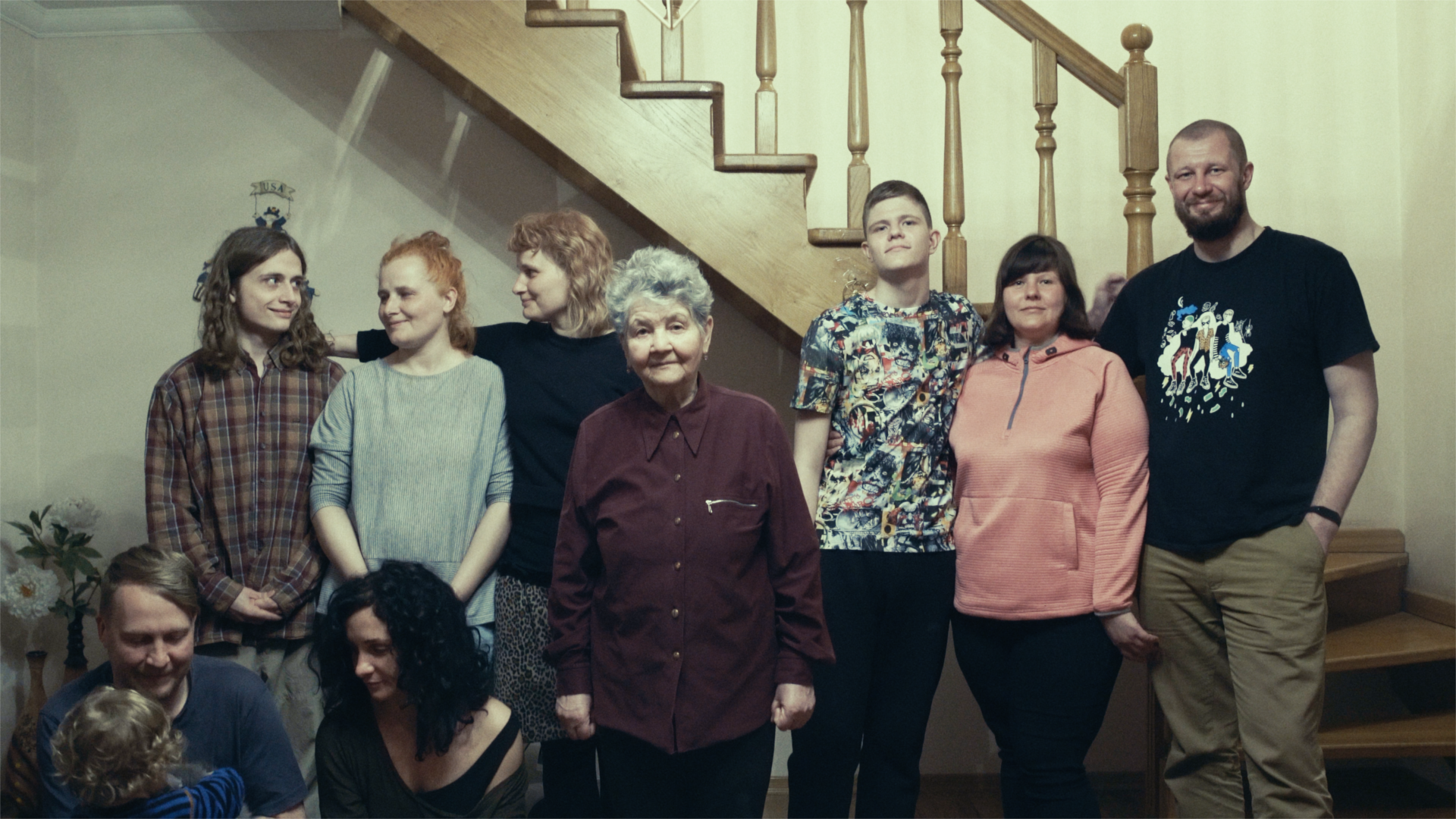
Through the filmmaker’s narrative, we learn of Russia’s horrific full-scale invasion of Ukraine during a call and video from Nadia’s mother. Initially, the filmmaker feels “guilty, lonely and endlessly helpless.” However, her desire to do something to help her people crystalises in the form of a dream where she prophetically sees herself returning to Kyiv.
Nadia travels against the current of mainly women and children desperately escaping Kyiv, returning home to do what she does best—make a documentary film.
In doing so, she doesn’t want pity or to make people into heroes. She simply wants to help people understand what is happening in her country.
On her return, and in what is a rare uplifting moment in the film, Nadia rejoices in being in Kyiv again, serenading her love for the city. Unlike many people in Ukraine, she finds her apartment to be sound. She says there’s a saying, “at home the walls cure you.” She tells me the war has led her to re-evaluate what home means to her, and to realise that “it’s important where you are.”
But outside Nadia’s four walls, the horrors of war abound. Images of destruction, stories of horrific crimes inflicted on innocent people and expressions on faces are paired with sad and haunting music, which adds to the film’s overwhelmingly dark atmosphere.
“I just wish everyone was home and everything was the way it used to be,” Nadia says quietly, echoing our thoughts.
But eight months into the full-scale invasion, we hear air raid sirens, guns firing and bombs exploding as the nightmare continues. Nadia and her husband haul a mattress into the narrow hallway of their apartment in Kyiv, seeking shelter as best they can, and the film comes to a sombre halt. If only the war would.

